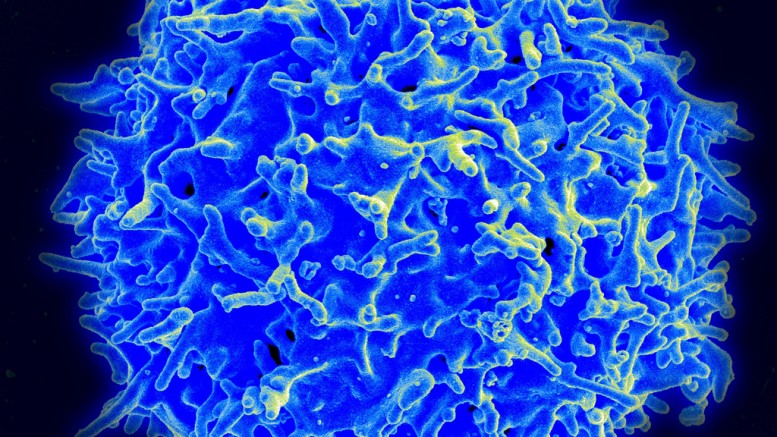Monoclonal antibody drugs are effective cancer treatments known for enlisting normal immune system functions for combating cancer. These drugs could be utilized in conjunction with other forms of cancer treatments. Monoclonal antibodies are laboratory-produced molecules that have been engineered for serving as substitute antibodies for restoring, enhancing, or even mimicking the attack of your immune system on the cancer cells. They have been specially designed for binding to antigens that seem to be more on the cancer cells’ surface than healthy cells.
As per https://www.cancer.org, monoclonal antibodies are utilized for treating several diseases and that may include several types of tumors. In order to manufacture a monoclonal antibody, it is essential for researchers to, first of all, go about identifying the right antigen.
During the last two decades, the FDA in the United States has given its approval to over a dozen mAbs for treating certain cancers. As researchers gradually discovered more and more antigens associated with cancer, they were successful in making mAbs to fight against more types of cancers. Hence, we see that antigens and antibodies play a vital role in the treatment of cancer.
The Role of Monoclonal Antibody Drugs
Monoclonal antibodies have been designed for functioning in diverse ways. A specific drug could be functioning by more than just one single means. The role of a monoclonal antibody drug in assisting the immune system could be including the following:
- For identifying cancer cells: Certain immune system cells would be depending on antibodies for locating the target of a specific attack. We understand that cancer cells that come with a coating of monoclonal antibodies could be easily identified and targeted effectively for destruction.
- For activating cell-membrane destruction: Certain monoclonal antibodies could be triggering a specific immune system response for destroying a cancer cell’s outer wall.
- For obstructing cell growth: Certain monoclonal antibodies are known to be obstructing the connection between proteins that help in promoting cell growth and a cancer cell.
- For averting blood vessel growth: Blood supply is essential for the growth and survival of a cancerous tumor. Some effective monoclonal antibody drugs help block protein-cell interactions that are essential for new blood cells to develop.
- Obstructing immune system inhibitors: Some proteins that are known to be binding to your immune system cells seem to be effective regulators for preventing the over activity of the immune system. The monoclonal antibodies that are known to be binding to the immune system cells would be providing the cancer-combating cells a chance to carry on working with less inhibition.
- For delivering chemotherapy & radiation treatment: Since monoclonal antibodies could be connecting effectively with cancer cells, these antibodies could be engineered as an effective delivery vehicle for many other treatments including chemotherapy and radiation treatment.
Conclusion
You must necessarily discuss with your doctor regarding the best cancer treatment option for your unique requirements. Together you could successfully weigh the pros and cons of each treatment. Thereafter, you could determine if the recommended monoclonal antibody treatment would be the right choice in your case
.
Author Bio
Walter Moore is a health expert who has been running many health seminars and public discussions. He also manages his blog and reviews the health-related details provided by authentic sources.
